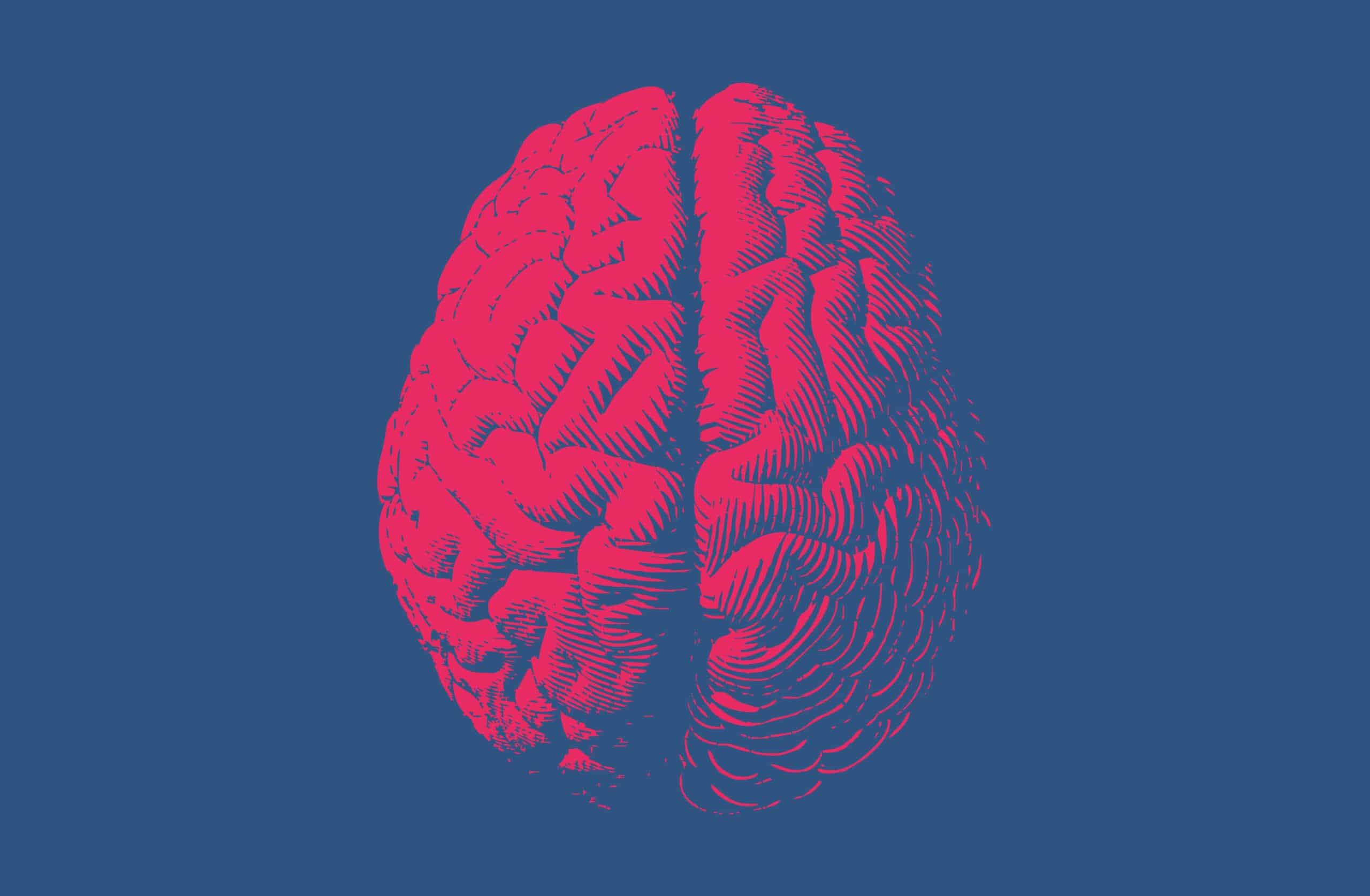Blog

How to Stop Calorie Counting
The Negative Impacts of Micromanaging Your Food Intake and Four Tips on What to Do Instead
You only need to scroll so far on any form of self-proclaimed fitness or purported “wellness” social media account (always preoccupied with the flawed notion that thinness is the only marker of health) to be bombarded with the paradigm of “calories in, calories out”.
We are told that if we “eat less” and “move more” the idealised body that we are sold within Instagram squares is ours. All we need to do is engage in endless counting and stay in near constant motion.
We end up performing mental arithmetic like aerobics; it suggests that our body number crunches with bites we take, tallying up on an internal chart and accordingly either allocating more or less body fat in response to our intake.
For, according to diet culture, that’s the only value of calories (never mind that they are fundamentally units of energy that we need to function and survive).
This notion fundamentally oversimplifies the determinants of energy balance, removes any sense of bodily intuition or knowledge – and, in so doing, almost roboticizes us.
It assumes that we are like Schwarzenegger in Terminator when he rips back the skin of his forearm to display a glistening metal cyborg skeleton (*eye roll*).
It preaches that our bodies are metabolically standardised and that we are all the same in how we process and assimilate every single micromanaged morsel.
It is also incredibly flawed given that you can’t trust that the caloric amount listed on food packaging is accurate. They are just averages, and may be significantly higher or lower. That aside, even if they were accurate, the ways in which the food is prepared further impacts the amount of energy available for absorption once digested.
The Negative Impacts of Calorie Counting
A relatively recent data analysis highlighted how calorie counting and lower intuitive eating score directly correlated to not only a predicted increased in eating disorder severity and/ or the manifestation of disordered eating behaviours, but paradoxically an elevated weight status.
Calorie counting, therefore, may result in the opposite of the expected outcome due to the mental and physical response to intense and measured restriction – bingeing [1].
It’s pretty innate that we perpetually want what we can’t have. After all, the moment something becomes denied, it becomes all the more appealing!
Within the context of calorie counting when all pleasurable foods are off limits, they’re glorified to almost god like status – and becoming the bringers of happiness – the only way to derive joy from a life otherwise filled with low-calorie flavourless foods; but also the source of sadness and self-punishment when you “break” the calorie bank you’ve allocated.
Moreover, participants in an alternate study on the topic of self-monitoring and motivation, expressed that they did not like calorie counting – especially within the context of long-term weight loss and weight management [2]. Some participants stated it was because it was too complex and challenging to consistently stick to within a real-world non-idealised context, whereas others remarked that it triggered an obsession with food/ caloric intake and a reduction in calories also resulted in a marked reduction in food enjoyment, pleasure, and connection.
Additionally, research demonstrates that when food is simply reduced to a sequence of numbers, nutritional quality may suffer. For instance, calorie counters may opt for low nutrient-dense foods – e.g. choosing a 100 calorie highly processed low-carb snack bar for breakfast as opposed to a more sustaining meal.
Calorie Counting Erodes Body Trust
Moreover, the study further suggested that continual calorie-counting and self-monitoring/ self-surveillance weakened their motivation to attain a certain weight or health status and fundamentally undermined their sense of bodily trust [2].
Consequently, something as controlling and myopic as calorie counting may ultimately disempower us; wit arbitrary numerical additions and subtractions dictating our dietary intake, and even our sense of self-worth and self-confidence.
The more calories you count, the more self-value, as well as nutritional value and connection, you may be given to lose.
- So how can you transition away from using calorie counting as a crutch?
- How can you free up your headspace for more important or interesting things?
ONE. Track Feelings not Calories
Long term calorie counting can be a challenging habit to break; and it may be hard to see food as food as opposed to a series of numbers for a while after stopping.
Having something to measure often gives us a sense of control and safety, especially when we may feel as though we have certain dietary practices that make us feel unsafe in our bodies, so if you feel unable to stop tracking together, try writing down how you feel when you eat/ about what you eat.
The information derived from doing this may serve as a starting point for fostering a better relationship with food and your body, by identifying how you feel about food, your food choices, and the emotional/ physical impact of certain foods on you and enable you eventually adopt a more intuitive approach.
TWO. Find Food Freedom
Food freedom entails removing all food rules and sense of morality with food (e.g. good foods vs. bad foods) – it involves the process of detaching the act of eating from the assumption that we should be seeking weight loss.
However, attaining food freedom and radically allowing yourself all foods (especially those you previously denied yourself within a calorie counting context) may be daunting, so it may be helpful to first look at what foods you can add back into your diet instead of constantly looking for what you can subtract.
The freer you feel around food, the less likely it is to dominate your every waking moment and be an overwhelming source of abject misery or happiness; food freedom allows you to find pleasure in food, without it being your only pleasure.
THREE. Work on Your Relationship with Your Body
We often turn to calorie counting as a tool to change our appearance, weight, and may believe that it will help us change the parts of ourselves that we do not like. Self-love can be something hard to cultivate at first, so attempting to practice body neutrality may ease this transition from loathing to love.
Body neutrality is, at its core, the notion of appreciating and acknowledging your body simply as it is.
It is the act of regarding your body as neither good or bad, or the sole determinant of who you are as a person (remember you are more than just a body).
Cultivate self-compassion and don’t be so quick to judge yourself!
FOUR. Seek Help
Here at Embody Health London, we would love to be able to help you improve your relationship with food, your body, and say good-bye to calorie counting and heeeello to a life lived in abundance without restriction!
Please reach out to us at [email protected] to start your journey towards food freedom and we would love to support you.
Charlotte Munro, BSc
EHL Team x
References
- Romano, K et al. (2018), ‘Helpful or harmful? The comparative value of self-weighing and calorie counting versus intuitive eating on the eating disorder symptomology of college students’, Eating and Weight Disorders – Studies on Anorexia, Bulimia and Obesity, 23, pp. 841-848.
- Solbrig, L et al. (2017), ‘People trying to lose weight dislike calorie counting apps and want motivational support to help them achieve their goals’, Internet Interventions, pp.23-31













